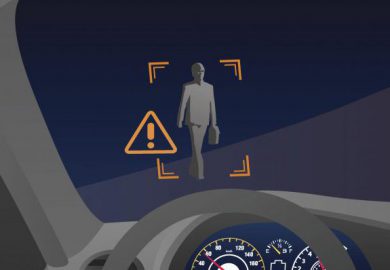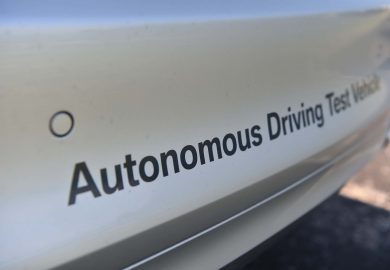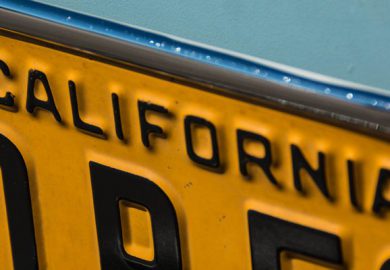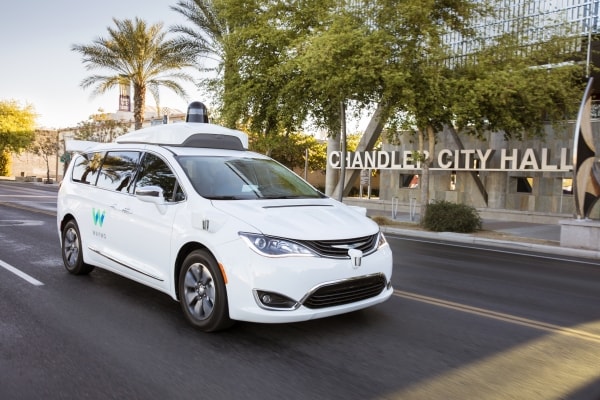If you’ve been keeping up with the development of self-driving car technology, then you’re probably aware of the battle between Google subsidiary Waymo and ride-sharing service Uber. The outcome of this federal trade secrets lawsuit could determine the fate of Uber’s current and future self-driving initiatives. In just the first week of trial proceedings, there has already been a lot of developments.
A Quick Case Intro
The complaint, originally filed in the Northern California U.S. District Court in 2017, claimed that an ex-Google engineer named Anthony Levandowski stole 14,000 files from the company. The filing alleges that he then used these materials to start his own self-driving car competitor named Otto.
When Uber acquired Otto, the files allegedly came with it, and now Otto, Uber, and Levandowski seem to be firmly fixed in Waymo’s crosshairs. Notably, this case went through the following stages before actually reaching the current trial:
- During a formal deposition, Levandowski declined to answer questions about Waymo and Uber tech.
- Uber and its co-defendants unsuccessfully appealed in an attempt to have the courts send the matter to outside arbitration.
- An appeals court decided that Levandowski couldn’t use his Fifth Amendment rights against self-incrimination to compel Uber to redact key documents.
- Before filing, Waymo obtained significant evidence from regulators that it said confirmed that autonomous car IP infringements had occurred.
- A due diligence report about Uber’s Otto acquisition demonstrated that Uber employees were lying to independent investigators, destroying computer hardware that contained confidential Google info, and using search engines to look up how to secretly delete files.
Early Developments in 2018
Given the events thus far, the advantage might seem to lean in favor of Waymo. During the first week, however, a few key developments took place that could have big impacts on what comes next.
On the first day of the trial, Waymo’s team seemed to declare war against Uber’s ex-CEO Travis Kalanick. Although Kalanick left the company, he was a well-known public figure because of his controversial leadership practices, alleged mishandling of sexual harassment allegations, and personal legal troubles. In court, Waymo made significant efforts to play up Kalanick’s role in the alleged trade secret scandals. Uber, on the other hand, tried to distance itself from the former exec’s actions.
Kalanick continued to play a major role in the trial days later. During his three-hour testimony, he tried to argue that he didn’t have a role in guiding any autonomous car concept theft and portrayed himself as an underdog. Much of the testimony revolved around past communications between Kalanick and Levandowski in the form of text messages and emails.
The Substance of the Issue
Key matters discussed during the first week of the trial included the fact that California’s labor laws promote employee mobility. For instance, most courts hold that while a worker can’t steal self-driving car patents or other intellectual property, they can freely bring trade skills or personal specializations with them to other jobs. For this concept to have a positive impact in Uber’s defense, however, the company will need to prove its allegations that Waymo’s lawsuit is really just an attempt to get back at the ride-sharing firm for headhunting some of its best employees.
Other critical discussion points included how much of Uber’s past corporate activity was attributable to Kalanick’s leadership style. The first week of the trial saw Waymo attorneys examine cringeworthy quotes in excruciating detail, such as when the ex-CEO told employees at a meeting to find and use “cheat codes” in 2016 or when he claimed that his company wanted more IP. Of course, companies are made up of more than their leaders, but if Waymo can provide an overwhelming abundance of evidence connecting embarrassing offhand remarks by Kalanick and others to actual corporate policies, then it might help convince the court of intentional wrongdoing.
One interesting detail about this autonomous car IP trial is the amount of public buzz it has generated in its first few days. After almost a year of buildup, people are paying a lot of attention to how things play out. At one point, for instance, the courtroom became so crowded with attorneys that members of the press and the general public had to go to an overflow area.
Interestingly, Uber doesn’t claim that Levandowski is entirely innocent. For instance, the company admits that he met with Kalanick while the two were still employed at their original companies. Waymo’s opening argument also jumped on this point by noting that Levandowski accessed secret Google documents that might have pertained to self-driving cars right after these chats.























